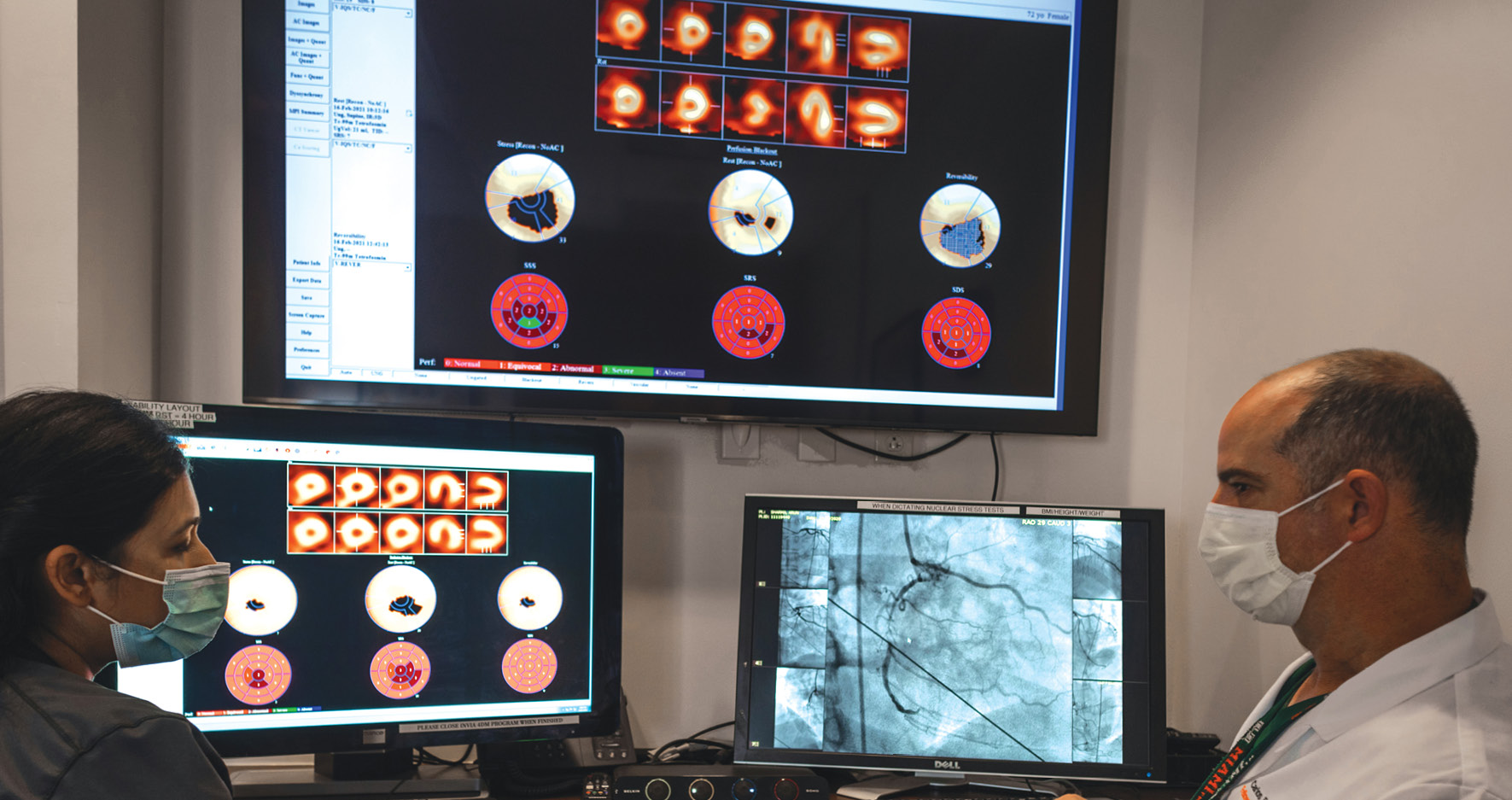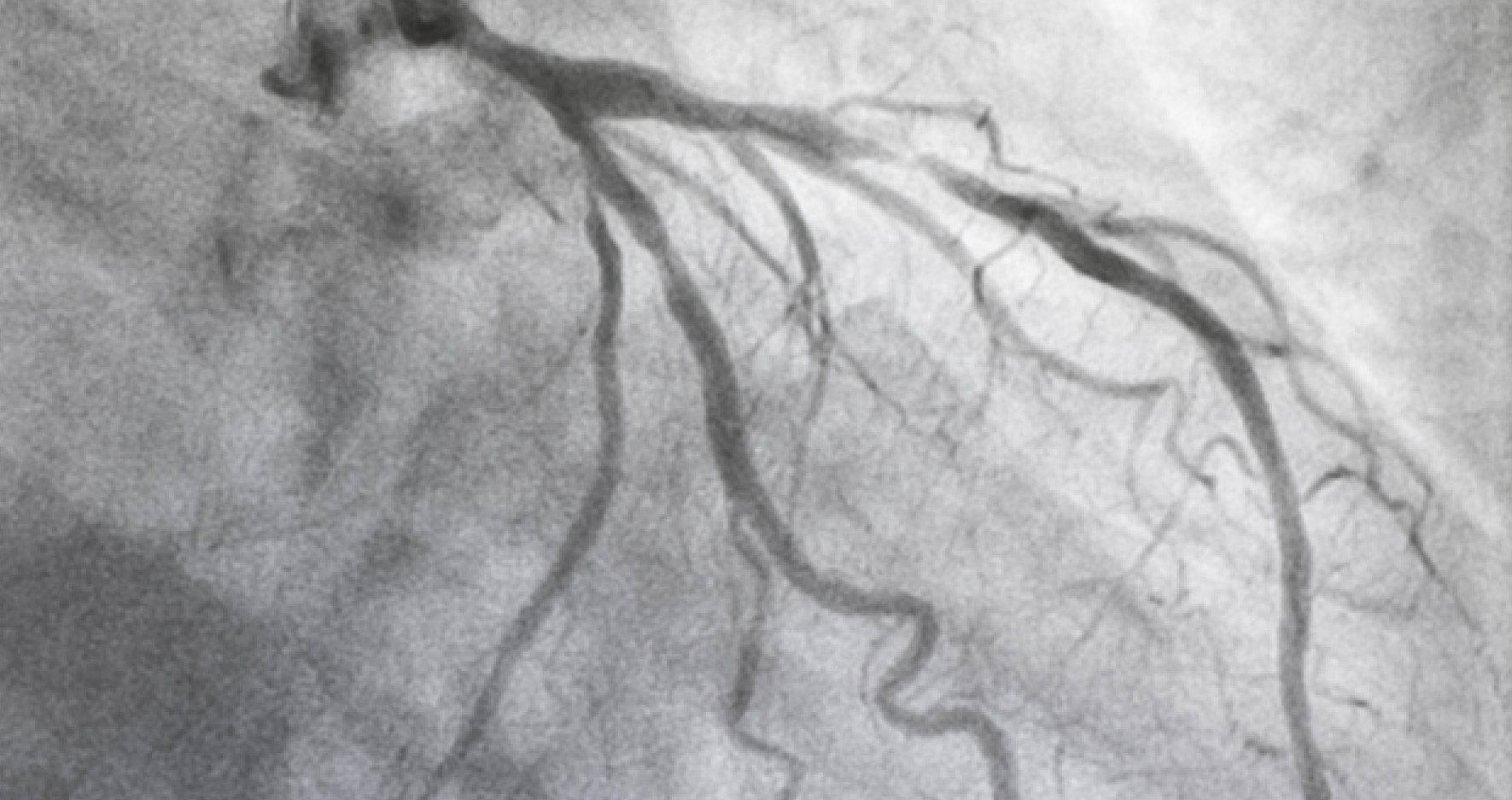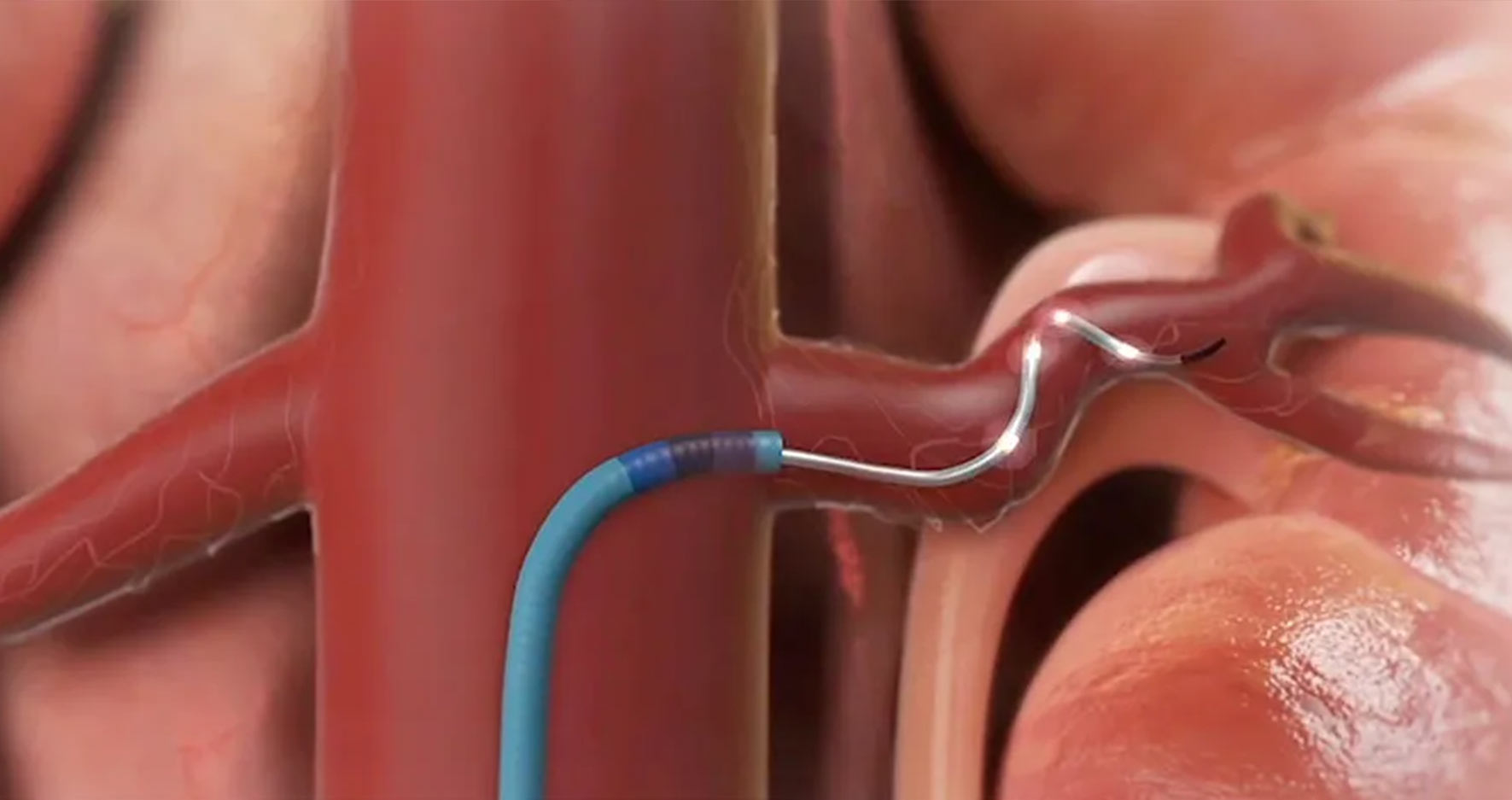Complex Coronary Interventions
and Structural Heart Disease
Intervenciones Coronarias Complejas
y Cardiopatía Estructural
UHealth's interventional and structural heart experts provide the most advanced cardiac catheterization procedures available from the state-of-the-art UHealth Cardiac Catheterization Laboratory. Our experts are internationally known leaders, recognized for setting the highest standards of patient care used by physicians around the world, and for having the expertise to treat even the sickest, most high-risk patients. Our interventional experts approach every patient with the highest levels of expertise, judgement and compassionate care.
Why Choose UHealth?

We specialize in complex procedures and possess the rare expertise needed to treat the most challenging patient cases. Our team creates personalized, AI-powered treatment plans tailored to each individual's unique needs. Collaborations with specialists in cardiac surgery, vascular surgery, cardiac imaging, neurology, pulmonology and other UHealth experts ensure our patients receive the full benefits of academic, multidisciplinary care.

Our multidisciplinary team of interventional cardiologists, pulmonologists and interventional radiologists offers advanced interventional therapies for treating acute pulmonary embolism. Our pulmonologists collaborate closely with cardiologists, cardiothoracic surgeons and the Miami Transplant Institute's lung and heart-lung transplant team. Patients receive comprehensive care from specialists with expertise in all stages of pulmonary hypertension, all within the same system in South Florida.

Most of our coronary procedures are performed via radial access, which involves catheter insertion through a blood vessel in the wrist rather than the femoral artery in the groin. This radial approach is safer and allows for quicker recovery. We utilize the latest intracoronary imaging modalities and the most advanced stents, drug-coated balloons, intravascular lithotripsy balloons and atherectomy devices for PCI. Patients undergoing elective PCI procedures can safely return home the same day after a brief observation period.

Our experts provide complex coronary interventions for patients who are no longer candidates for bypass surgery. Many of our patients have reduced heart function and/or multiple complicating conditions, such as advanced age, chronic kidney insufficiency and lung disease. In these high-risk cases, we may use left ventricular assist devices, such as Impella or TandemHeart, to support the intervention. Additionally, we offer advanced treatments for patients with chronic total occlusion (CTO).

Our Structural Heart Program leads the way in pioneering minimally invasive solutions for structural heart disease. Our renowned structural cardiologists and cardiothoracic surgeons provide personalized treatment options tailored to each patient's specific valve condition. Utilizing advanced computational simulations, we meticulously plan our structural operations. With a reputation for groundbreaking treatments, we are committed to delivering first-class care.

Our cutting-edge Renal Denervation (RDN) procedure, utilizing ultrasound or radiofrequency, offers a new solution for patients with uncontrolled hypertension who do not respond to multiple medications. Our Comprehensive Hypertension Center provides personalized care, leading to improved cardiovascular health and a better quality of life.
Procedures
PERCUTANEOUS CORONARY INTERVENTION (PCI)
Most coronary procedures are performed using radial access, which provides catheter access from a blood vessel in the wrist rather than from a femoral artery in the groin. Known as Percutaneous Coronary Intervention, or PCI, this approach has been shown to be safer and have quicker recovery. Patients undergoing elective stent procedures can safely go home on the same day of their procedure after a short observation period.
COMPLEX CORONARY INTERVENTIONS
For those patients in whom bypass surgery is no longer an option, we offer complex and advanced interventions to address chronic total occlusions, left main coronary interventions, bifurcations and calcified arteries. Many of our patients have reduced heart function characterized by low ejection fraction; in these patients we may use left ventricular assist devices such as Impella or TandemHeart to support the intervention. We perform these interventional procedures in the most challenging patients with multiple complicating conditions such as advanced age, chronic kidney disease and lung disease.
STRUCTURAL HEART INTERVENTIONS
Florida's first Transcatheter Aortic Valve Replacement, known as TAVR, was performed at UHealth in 2008, and our experts have subsequently performed thousands of procedures, innovating along the way to further advance interventional cardiac care for even the most complex, high-risk patients. Some of the structural heart interventions we perform include:
- Heart valve interventions including TAVR and MitraClip. Some of the most challenging patients are referred to us from other institutions in the region.
- In collaboration with UHealth neurology, our experts provide comprehensive care to patients who have suffered a stroke and require the closure of a heart defect known as patent foramen ovale, or PFO.
- Many patients who had valve replacements in the past are left with small defects around the artificial valves known as paravalvular leaks. We have a multidisciplinary team to image and treat these defects in a procedure known as “paravalvular leak closure.”
PULMONARY EMBOLISM
In collaboration with the Division of Pulmonary and Critical Care, we developed a 24/7 service to care for sick patients admitted with pulmonary embolism, a life-threatening condition. We have extensive expertise in the endovascular extraction of large clots from the pulmonary arteries with devices such as the Inari Flowtriever or Penumbra.
Renal Denervation
Renal denervation (RDN) is a minimally invasive catheter-based procedure to treat resistant high blood pressure (hypertension) by disrupting the nerves in the walls of the renal arteries, which supply blood to the kidneys. These nerves play a key role in regulating blood pressure.
Request an Appointment
Existing patients can schedule an appointment by logging in to
MyUHealth Chart or by calling 305-243-5554.
Existing patients can schedule an appointment by logging in to MyUHealth Chart or by calling 305-243-5554.
